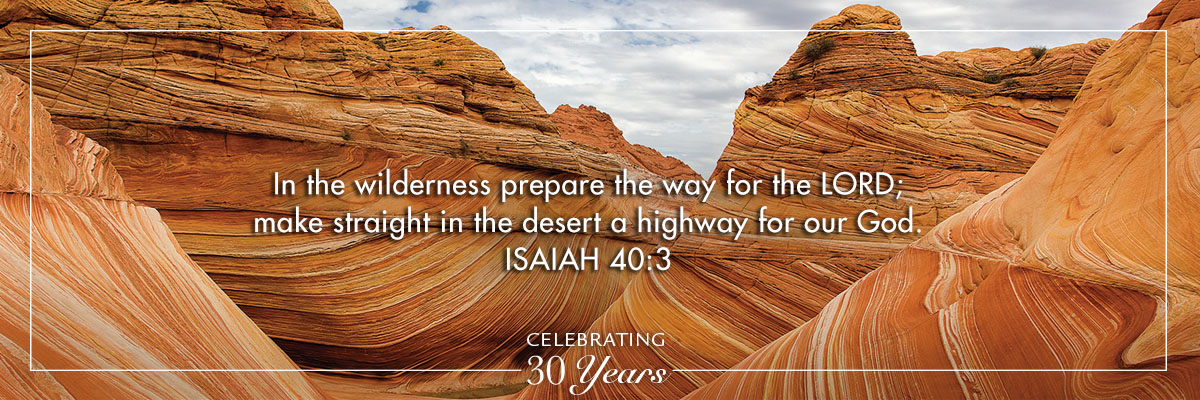

Moses’ Death on Mount Nebo
- September 6, 2018 | Deuteronomy 34
Speaking in Memphis, Tenn., on April 3, 1968, the Rev. Martin Luther King Jr. said: “I don’t know what will happen now. We’ve got some difficult days ahead. But it really doesn’t matter with me now, because I’ve been to the mountaintop. . . . I just want to do God’s will. And He’s allowed me to go up to the mountain. And I’ve looked over. And I’ve seen the Promised Land. I may not get there with you. But I want you to know tonight, that we, as a people, will get to the Promised Land!” Less than 24 hours later, he was killed by an assassin’s bullet.
King was alluding, of course, to the biblical story of the death of Moses. Although Moses was not allowed to enter the Promised Land, God gave him the privilege of seeing it from the top of Mount Nebo (vv. 1–4). This mountain was located in Moab, across the border from Jericho. It might have been possible naturally to see all that is described here on a clear day, or perhaps God gave Moses a supernaturally enhanced vision. In any case, surely he was encouraged by this gift of God.
God Himself buried His servant, perhaps to avoid the risk that the Israelites would turn Moses’ grave into some kind of shrine (v. 6). The leadership transition to Joshua had already been taken care of (v. 9).
An anonymous writer, probably after the Exile, concluded that from that day until now, “No prophet has risen in Israel like Moses, whom the Lord knew face to face” (vv. 10–12). Like all the prophets, he looked forward to One greater: “Jesus has been found worthy of greater honor than Moses, just as the builder of a house has greater honor than the house itself” (Heb. 3:1–6).
Pray with Us
Will you lift up in prayer Moody’s trustees today? Ask the Lord for the Holy Spirit’s leading and for wisdom in making decisions for the future of the Institute. Please refer to Moody's leadership page for a list of the trustees' names.






